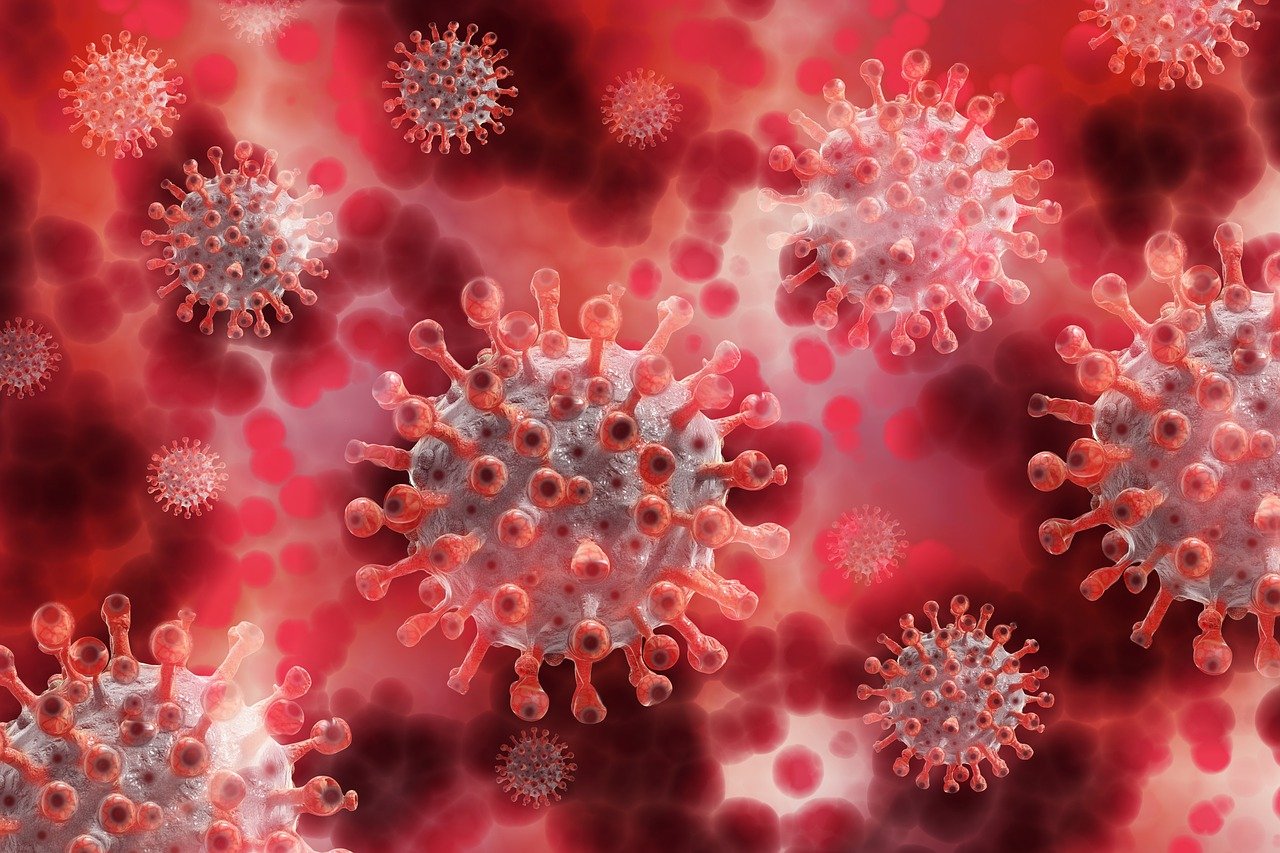Oncolytic Viruses: A New Frontier in Cancer Treatment

Viruses! A nightmare for humankind, as evident from the recent coronavirus pandemic and previous catastrophes such as the Bubonic plague, Spanish flu, etc. However, scientists have recently started to use viruses to aid humans. Viruses switching teams and assisting the humans? Sounds quite odd, doesn't it? But it is true.
Scientists have coined these viruses Oncolytic Viruses
, although they have been known since the 1990s, they have only recently started being utilized. These viruses are either naturally found or genetically modified and have begun revolutionizing cancer treatments. Cancer has always been a major problem for us humans and classic immunotherapy like radiation therapy and chemotherapy, despite having a promising start, has failed to deliver us with an effective way to fix one of humanity’s greatest nemeses. That is where oncolytic viruses come in clutch, as they carry no such limitation as opposed to their counterparts.
Glioblastoma Hyperforme, one of the most aggressive types of brain cancer, with some subtypes having a time period of less than 6 months has started to be beaten by one of the most notorious viruses, The Measles virus, shifting the time limit from half a year to 11.5 months. While still incurable, this GMO has almost doubled the time limit that we were presented with before, and in such a condition every second alive is considered precious. In addition, patients have close to no adverse side effects, making this a very successful human trial.
Another notable success that we’ve found with virotherapy, is the T-VEC or Talimogene Laherparepvec, a genetically engineered herpes simplex virus approved by the FDA for the treatment of melanoma. Through rigorous testing, T-VEC was modified to selectively replicate in tumor cells and help in reducing them. Clinical trials have shown that T-VEC can shrink tumors and, in some cases, lead to complete removal. With a success rate of nearly 60%, this virotherapy is awaiting further clinical trials in dealing with other types of cancers.
Virotherapy being a new way of administering immunotherapy, scientists also have to face new and challenging problems. A major issue that scientists might face in the future is the development of immunity from virotherapy. As with any cancer, the development of immunity in the cancer cells is possible and it is an arduous hurdle to jump across.
Another issue that scientists might face is that the viruses might start attacking healthy cells. This is a big problem as the viruses might do more harm than good. However, an effective way to overcome this is through copious amounts of testing and engineering to reduce the risks and ensure the safety of the patients.
While the numbers might not suggest that this is an effective addition to the betterment of immunotherapy, it is because pharmaceutical companies have only recently started working on this. Over time, this might prove to be one of the most effective ways of combating and defeating one of mankind’s most persistent thorns or we might end up developing something entirely new with this development. By turning these viruses into allies, scientists are not only creating new paths of research and treatment but also saving millions of lives. Will virotherapy become an efficient and effective way of dealing with cancer? We don't know as of now, time will help us decide it all in the end and mankind will advance just like it has in all these years.
Similar Post You May Like
-

CFCs, HFCs and their long, troubled history
At its peak, the ozone hole covered an area 7 times larger than the size of Europe, around 29.9 million km2, and was rapidly expanding
-

The Origin of Universe: Deciding point where it all began!
Let us unravel and surf through the ideas throughout ages to understand what the universe and its origin itself was to its inhabitants across history.
-

The Artemis Program
Inspired by the Greek goddess of the Moon, twin sister to Apollo, the artimis program was named on 14 May 2019 by Jim Bridenstine.







